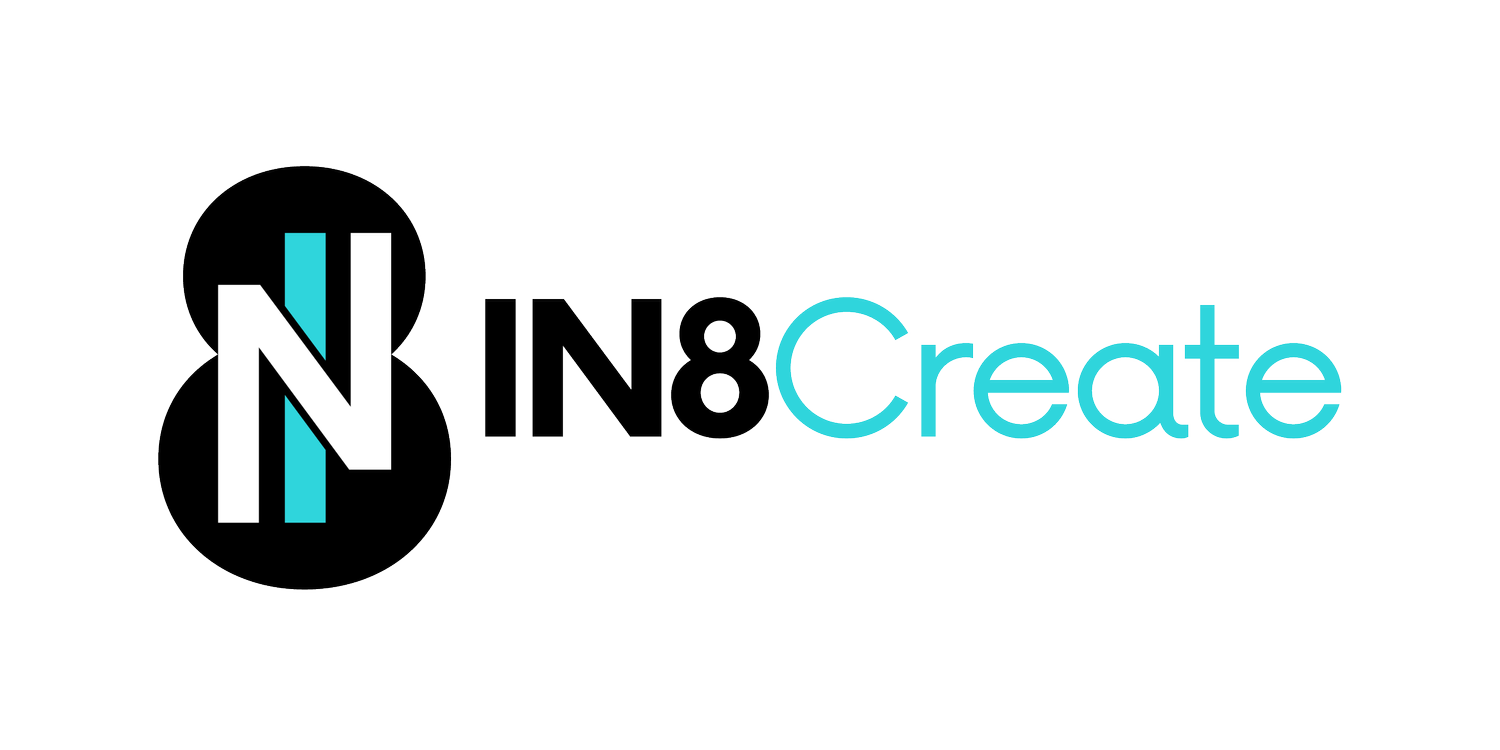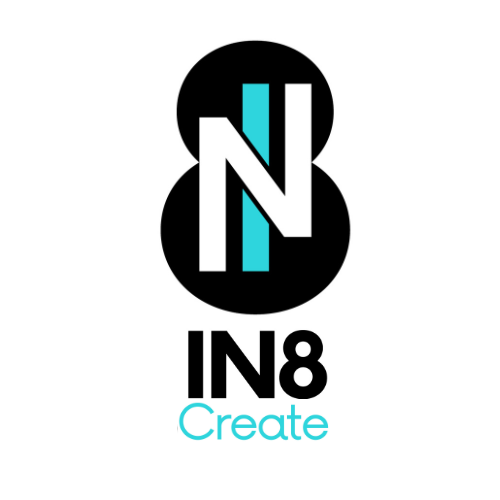The Icebreaker Police
When Connection Gets Called Out
"It's an icebreaker!" the engineer announced. For the third time.
I was at a networking event with an engineering leadership group—excited to connect, learn, and meet new people. The conversation was flowing nicely, mixing work talk with personal stories, when I decided to deploy one of my favorite networking questions.
Instead of asking "What do you do?" I asked "What do you love about what you do?"
That's when our self-appointed icebreaker detective felt compelled to blow my cover. Multiple times.
The Question That Changes Everything
Look, I'll admit it: this question is absolutely a technique. I stole it from somewhere (probably multiple somewheres), and I use it intentionally because it works.
Here's why "What do you do?" sucks as a conversation starter:
It's factual information that tells you almost nothing about the person
It puts people in job-title boxes
It creates immediate hierarchy judgments
It's boring as hell
But "What do you love about what you do?" hits different. Suddenly you're not talking to "Senior Software Engineer at TechCorp." You're talking to someone who lights up when they describe solving complex problems, or who gets genuinely excited about mentoring junior developers, or who loves the moment when messy code becomes elegant.
Their preferences emerge. Their values show up. Most importantly, they actually get animated when they talk about something they love—and that energy is contagious.
So Why the Warning Labels?
This engineer felt compelled to warn the group about my "icebreaker" not once, not twice, but three times. Which got me thinking about why someone would feel the need to do that.
A few theories:
Theory 1: The Trick Detector Maybe he saw it as manipulation and wanted to expose my nefarious plot to make people reveal actual information about themselves. Fair enough—if you have zero interest in connecting with other humans, then yes, this question is absolutely designed to crack that shell.
Theory 2: The Ego Play Perhaps he wanted credit for identifying my "technique," showing the group he was savvy enough to spot a professional facilitator's tricks. Look at me, I see what you're doing here.
Theory 3: The Icebreaker Enthusiast Maybe he just genuinely loves icebreakers and was excited to point one out in the wild. Though the repeated warnings suggest this wasn't celebratory.
The Engineering Team Dynamic
In all my years of networking and facilitating teams, this was the first time someone felt compelled to call out a conversation starter as a "technique." It's making me curious about the unique dynamics that exist in engineering cultures.
Are engineers more suspicious of attempts at connection? Is there an assumption that deeper questions have ulterior motives? Or was this just one person's quirk?
What I do know is this: the other engineers in the group actually engaged with the question beautifully. They shared what genuinely excited them about their work, and the conversations became infinitely more interesting than the typical job-title shuffle.
Connection Isn't a Bug, It's a Feature
Here's the thing—yes, I was "icebreaking." Guilty as charged. But the assumption that intentional connection is somehow inauthentic is fascinating to me.
Every conversation technique exists because humans are naturally terrible at connecting with strangers. We default to surface-level information exchanges that leave everyone feeling like they've talked to cardboard cutouts instead of actual people.
When you're building teams (which, spoiler alert, is what engineering leaders do all day), understanding what makes people tick isn't a manipulation—it's your job.
The quiet engineer on your team who lights up when talking about elegant algorithms? That's useful information. The developer who gets excited about mentoring others? That matters for team dynamics. The architect who loves solving impossible problems? You want to know that when you're planning projects.
The Real Icebreaker
Maybe the real icebreaker isn't the question itself—it's the willingness to move beyond the script of "Hi, I'm Title at Company" and actually discover who people are when they're not performing their LinkedIn profiles.
Because here's what I've learned from working with hundreds of teams: the best collaboration happens when people see each other as whole humans, not just functional job descriptions.
So yes, I'll keep asking what people love about their work. And if that makes me the icebreaker police's most wanted, so be it.
Building teams where people actually connect isn't a technique—it's the foundation of everything that works. Want to help your team move beyond surface-level interactions? We create structured experiences where authentic connection happens naturally. Let's talk.



